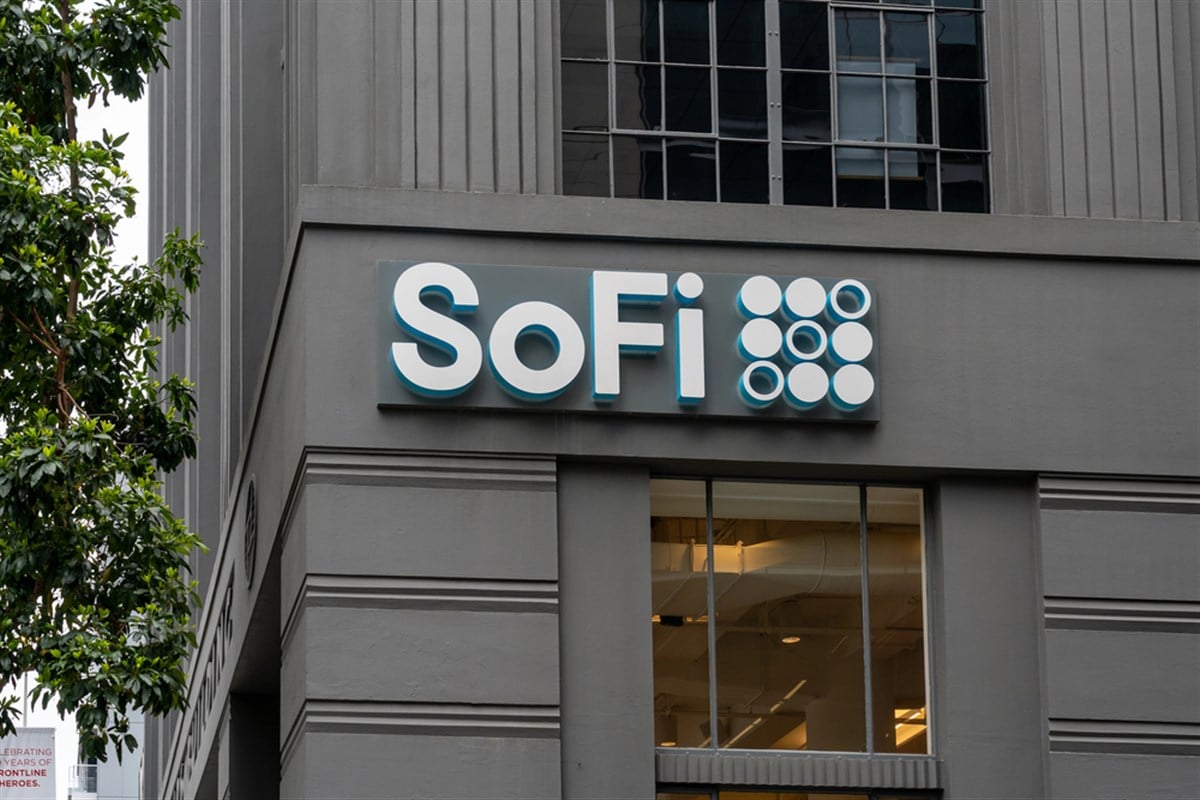
It isn’t common for Wall Street to take a second look at beaten-down stocks, as analysts would risk not only their reputations but also their jobs if they dared boost ratings on a stock with bearish momentum attached to it. Today, some investors with the need for a thrill may want to look into shares of SoFi Technologies Inc. (NASDAQ: SOFI), which are trading down to only 55% of their 52-week high prices.
Wall Street, like investors, could find a new reason to become bullish on SoFi stock today, especially with the company’s ties to the underlying housing cycle. While some may be scared to learn that multi-family property values have peaked and initiated a downturn, other data points suggest the housing market is pregnant with upside-tail risk. Sofi could be the catalyst to deliver the baby.
Despite trading at such low valuations, the company’s underlying fundamentals show a divergence into growth, making the sell-off seen in the past twelve months anything but justified. For these and other reasons, investors will know why these analysts became bullish on the stock and why its largest shareholders have been buying into it.
SoFi Stock Positioned for Gains as Housing Market Bottoms Out
Building permits have declined by over 3% in the past month and 7% in the year overall, which should be bad news for housing confidence. However, U.S. home listings are back on the rise, with the bulk of remaining permits being led into Florida for another future push.
According to this Zillow study, the South region has the most housing shortage, and the Fed’s data shows that building permits in the area are also the highest.
Because of these trends, shares of Zillow Group Inc. (NASDAQ: Z) rallied by over 15% in the past couple of weeks, as these listings need to be sold. Zillow’s platform will connect buyers and sellers. To finalize the sale, mortgage financing needs to take place, and that’s where SoFi comes into play.
Knowing that the next step in the value chain is up to SoFi, Wall Street analysts now forecast up to 212.5% earnings per share (EPS) growth in the next 12 months.
Building on these fundamental tailwinds and projections, those at Citigroup felt comfortable enough to boost their valuations in SoFi stock up to $11 a share, daring the stock to rally by as much as 71.8% from where it trades today.
Even more confidently, analysts at Deutsche Bank kept their ratings at $11 a share, in direct agreement with Citigroup. But that’s not the only wave on Wall Street looking into SoFi stock.
SoFi's Latest Earnings Report Wins Over Institutional Investors
Those sitting on the sidelines with enough dry powder to buy opportunities in the real estate space, with a preferred combination of the technology sector, found their chance in shares of SoFi.
The Vanguard Group boosted its stake in SoFi by 1.7% over the past quarter, bringing its net investment to $604.6 million today. Joining them came Nikko Asset Management to boost their stake by 176.3%, making them SoFi’s second-largest shareholder at $78.5 million.
The company’s latest quarterly earnings report drives these decisions. Management boasts in the headline that it has delivered up to 37% annual revenue growth, mainly due to a 54% jump in tech platform and financial services revenue. Following this metric, the company jumped to a net income of $88 million from a net loss of $34.4 million a year prior.
The tailwinds behind these results are the number of members the company counts on to monetize, which grew to $8.1 million in the past quarter, showing a growth rate of 44.6% over the year. However, the most impressive financial metric should have been included in the apparent ad space in the press release.
Operating cash flow grew to $738.2 million in the quarter, compared to a net outflow of $2.2 billion a year prior. While there is still a long way to go in achieving a net positive free cash flow status (operating cash flow minus capital expenditures), it is a refreshing step closer.
Positive free cash flow will have many benefits for investors, but for starters, it could enable management to start buying back cheap stock, which is always considered a majorly bullish sign on Wall Street.
Knowing that the company is only seeing the tip of the housing cycle iceberg, management also raised its guidance for the rest of 2024, giving analysts another leg to stand on as they reassess the actual fair value of this company moving forward.
